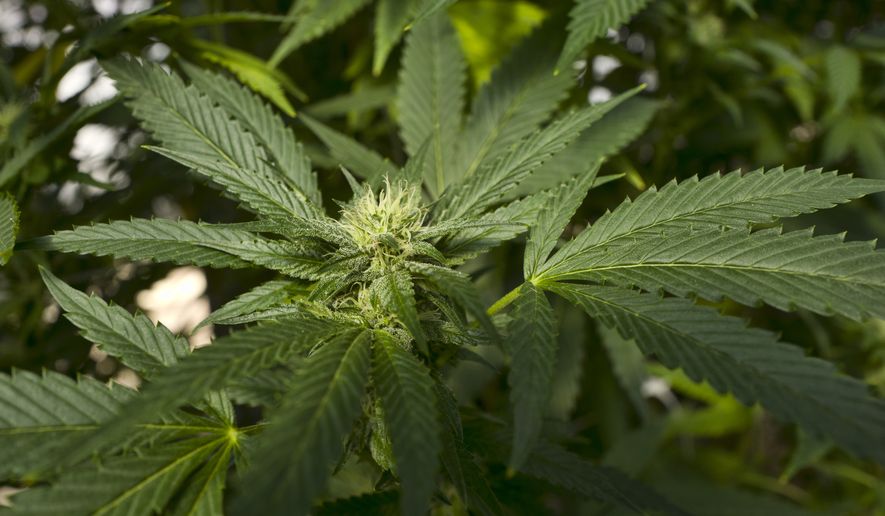Lawmakers wasted little time before pursuing marijuana reform in the 116th Congress, reintroducing two separate weed bills within hours of the U.S. House of Representatives convening Thursday for the first time this session.
Offered among more than 300 bills pitched during the first day of Democrats controlling the House, either of the proposals would prohibit the federal government from interfering in state-legal medical marijuana programs if passed, effectively codifying an Obama-era policy rescinded almost precisely one year earlier by President Trump’s first attorney general.
Rep. Steve Cohen, Tennessee Democrat, and Rep. Don Young, Alaska Republican, re-introduced the Compassionate Access, Research Expansion and Respect States (CARERS) Act, focusing their attention on protecting medical marijuana patients and making the plant legally available to veterans receiving government care.
Rep. Morgan Griffith, Virginia Republican, separately reintroduced a bill later Thursday that would similarly “provide for the legitimate use of medicinal [marijuana] in accordance with the laws of the various States.”
Thirty-three states and the nation’s capital have passed laws legalizing the medicinal use of marijuana to varying degrees, but federal prohibition and the plant’s placement under the U.S. Controlled Substances Act as a Schedule 1 drug — classification reserved for narcotics determined by the U.S. Drug Enforcement Agency to be prone to abuse and lacking medical value — has caused obstacles for scientists and potential patients alike, military veterans included, who look toward the government for assistance and aid.
Previously proposed in 2015 and 2017, the CARERS Act would let states legalize medical marijuana programs without federal intervention, in addition to legally permitting physicians at the Department of Veterans Affairs to recommend the plant to patients.
“The national consensus on medical marijuana is solid and bipartisan, but our federal drug laws continue to treat patients and their doctors like criminals,” Mr. Cohen said in a statement. “Our bill would bring federal medical marijuana policy in line with the views of the overwhelming majority of Americans by allowing states to set their own marijuana laws, allowing patients, including veterans, to receive the treatments they need from their doctors and improving opportunities for research on marijuana.”
Pitched unsuccessfully three times in the past, the Legitimate Use of Medical Marijuana Act (LUMMA) offered by Mr. Griffith, meanwhile, would “prohibit the federal government from preventing the prescription, possession, transportation and distribution of marijuana for medical purposes in compliance with applicable state law,” his office said previously.
Additionally, LUMMA would reclassify marijuana under the U.S. Controlled Substances Act to the less restrictive Schedule II category, removing roadblocks that legalization advocates have complained of making it difficult for scientists to study the plant.
“Isn’t it cruel to not allow real doctors, real drug companies and real pharmacists to use marijuana for legitimate medical reasons for real patients?” Mr. Griffith asked when he previously proposed the bill in 2014.
The Department of Justice advised federal prosecutors during the Obama administration against trying marijuana convictions in states that have legalized the plant for medicinal or recreational purposes, but Mr. Trump’s former attorney general, Jeff Sessions, voided that policy one year ago Friday.
Mr. Trump has previously said he supports letting states decide whether or not to legalize marijuana.
Neither the DEA nor the Justice Department’s Office of Legislative Affairs immediately returned messages seeking comment on either proposal.
• Andrew Blake can be reached at ablake@washingtontimes.com.




Please read our comment policy before commenting.